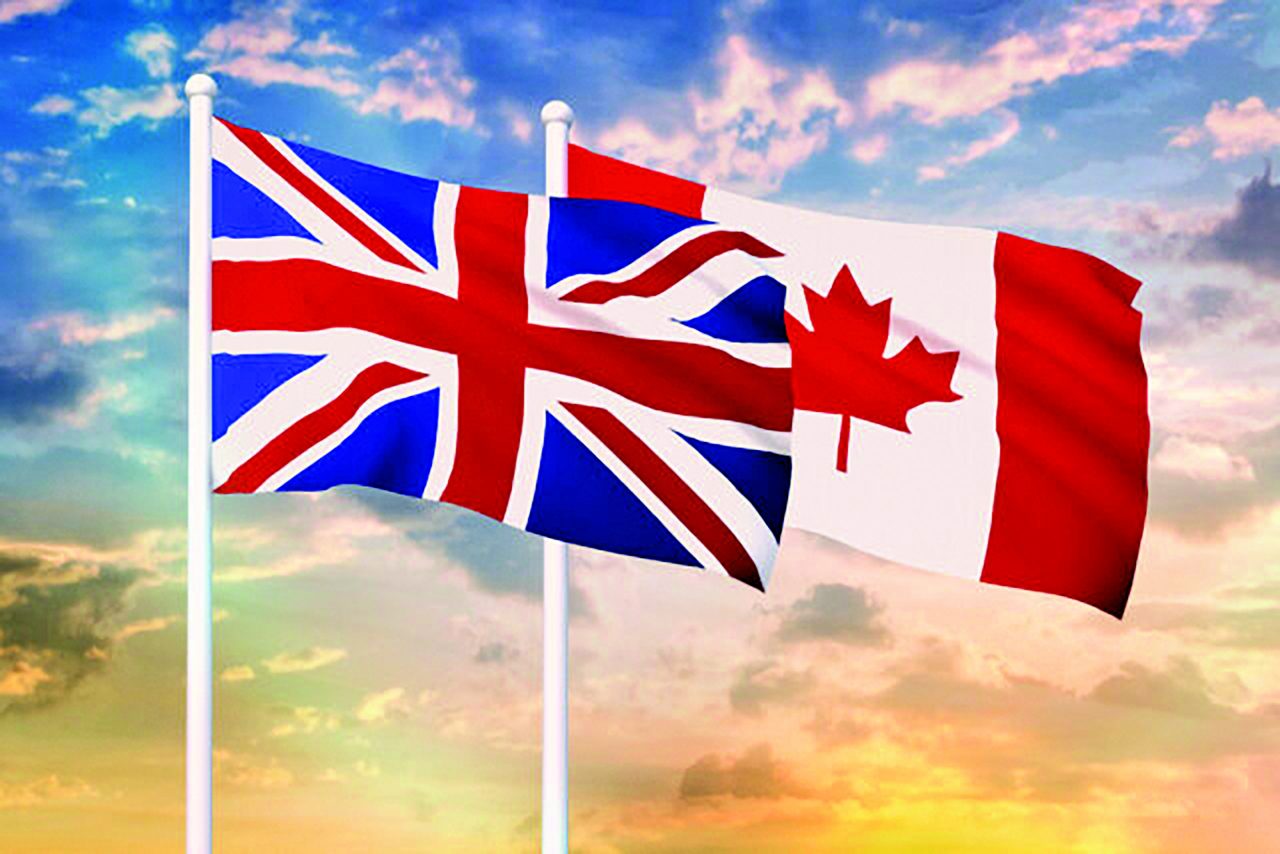Home Top Stories UK, Canada call for immediate release of Guyanese detained by Venezuela
As Guyana continues to enjoy mounting support from the international community, the United Kingdom and Canada have joined calls for Venezuela to release the Guyanese fishing boats and crew members who were held last week.
 In a brief statement on Thursday, Canada threw its support behind Guyana’s efforts to have the fishermen and their vessels immediately release from detainment.
In a brief statement on Thursday, Canada threw its support behind Guyana’s efforts to have the fishermen and their vessels immediately release from detainment.
“Canada supports Guyana in calling for the immediate release of two Guyanese vessels that were detained by the Maduro regime. We repeat our call for international law to be respected,” the missive from the Canadian High Commission in Georgetown detailed.
Meanwhile, the UK Government also issued a statement on Thursday in which it said, “The UK is concerned at reports that Venezuelan vessels have detained Guyanese fishing vessels and crew. We call for their early release.”
According to the statement, the UK said it was clear that the 1899 Arbitral Award settled the border between Guyana and Venezuela.
“We encourage a bilateral resolution to the controversy and support the efforts of the UN Secretary General,” the British Government noted.
Following a failed Good Officers’ Process between Guyana and Venezuela, UN Secretary General António Guterres in January 2018 recommended that the border controversy be taken to the International Court of Justice (ICJ) for settlement. As such, Guyana made its application two months later, asking the World Court for a final and binding judgment to reinforce that the 1899 Arbitral Award remained valid and binding on all parties, and legal affirmation that Guyana’s Essequibo region, which contains much of Guyana’s natural resources, belongs to Guyana and not Venezuela.
However, the Spanish-speaking nation had refused to participate in the legal proceedings and wrote the court to say that the UN SG exceeded his authority under the 1966 Geneva Agreement when he referred the case to the ICJ, and, therefore, the court lacked jurisdiction to adjudicate the matter.
But in a majority decision on December 18, 2020, the ICJ ruled that it has jurisdiction to adjudicate over the border controversy case.
The ICJ found that both Guyana and Venezuela consented to judicial settlement when they signed the Geneva Agreement since the judicial process via the ICJ is one of the means available to the Secretary General in resolving the controversy. Hence, the Court’s decision is binding on both parties.
The Court is scheduled to hold a case management hearing on February 15 after two previously scheduled hearings were postponed upon the request of Venezuela, asking for more time to prepare for the hearing.
On January 21, the two Guyana-registered fishing vessels – the Lady Nayera and the Sea Wolf – operating off the coast of Waini Point within Guyana’s Exclusive Economic Zone (EEZ) , were intercepted by Venezuelan naval vessel Commandante Hugo Chávez GC 24.
The Captains were instructed to chart a course to Port Guiria where the boats and crew have been detained.
Guyana’s Foreign Affairs Ministry had said the Venezuelan vessel was illegally manoeuvring within Guyana’s EEZ and Contiguous Zone when it intercepted, boarded and commandeered the Guyanese fishing vessels.
Thursday’s calls by the UK and Canada for the release of the 12 fishermen and the two vessels come on the heels of mounting support from the international community – something which Foreign Affairs and International Cooperation Minister Hugh Todd says he feels “good” about.
In fact, during an address to the National Assembly on Thursday, Minister Todd said his Ministry continues to engage the international community to resolve this issue with Venezuela in the most peaceful and diplomatic manner.
He noted that thus far individual Member States of Caricom and the bloc as a whole have denounced Venezuela’s actions, calling upon it to release the crew and vessels. The Minister added too that the Organisation of American States (OAS) has also issued a statement in which it pointed out that “resolution of the territorial dispute between Venezuela and Guyana is a matter that lies under international jurisdiction, and cannot be settled by unilateral action. Any attempt to derail this international legal process such as the decree issued by the Maduro regime is contrary to international law and standards, and has no legal bearing or significance”.
According to the Foreign Affairs Minister, the Guyana Government is encouraged that the international community is seized of this matter.
“Guyana values highly the support which it has received and continues to receive from individual member states of the international community – such as Belize, Brazil, Canada, France, Trinidad and Tobago, the United Kingdom and the United States of America, as well as through regional and international groupings of Caricom; the OAS; the Commonwealth; the Organisation of African, Caribbean and Pacific States and the European Union – in its strenuous endeavours to preserve its sovereignty and territorial integrity,” Todd told the National Assembly.
 In a brief statement on Thursday, Canada threw its support behind Guyana’s efforts to have the fishermen and their vessels immediately release from detainment.
In a brief statement on Thursday, Canada threw its support behind Guyana’s efforts to have the fishermen and their vessels immediately release from detainment.